7 Ways to Boost Your Immune System
These simple lifestyle changes can help you stay healthy and bolster immunity.


With colds, flu, and COVID-19, it’s more important than ever to ensure your immune system is able to fight off the respiratory viruses making the rounds this winter.
Your best defense against getting sick? Living a healthy lifestyle, according to Dr. David Goldberg, an internist at NewYork-Presbyterian Medical Group Westchester. “While genetics play a role in how well our immune systems function, our everyday habits have a major influence,” Dr. Goldberg says. “So there’s plenty of room for improvement.”
But which healthy habits make the biggest difference? Health Matters spoke with Dr. Goldberg about the lifestyle changes you can make to boost your immunity.
Get Enough Sleep
Why it’s important: “Sleep is when the magic happens; it’s when the whole system of the body is revitalized,” Dr. Goldberg says. The rapid eye movement (REM) cycle of sleep is particularly important. Case in point: People with sleep apnea — a disorder in which you wake up before the REM cycle — have higher rates of memory problems, mood disorders, heart disease, and possibly cancer.
Try this: Stick to a consistent bedtime and wake-up time every day, aiming for six to eight hours of sleep, Dr. Goldberg suggests. Also, avoid alcohol and screen time before bedtime because they can disrupt sleep. “The blue light makes the brain think it’s daytime and can make it harder to fall asleep,” he says.
Manage Stress
Why it’s important: Cortisol, the stress hormone, suppresses the immune system and disrupts other parts of your lifestyle, like how you eat — you’re more likely to reach for unhealthy foods when stressed — and how you sleep. “Your sleep can be negatively affected by anxiety and racing thoughts brought on by stress,” says Dr. Goldberg.
Try this: Pick a stress-reducing activity like meditation, listening to music, or going for a walk, and set aside time to do it every day, even if it’s just for 10 to 30 minutes. “When so much that happens in life feels like it’s outside of our control, this is something you can do for yourself daily to help your immune system and your mental health,” says Dr. Goldberg.
Exercise Regularly
Why it’s important: Aerobic exercise has been linked to a more effective immune system, not to mention it reduces stress and relieves depression. “People who are aerobically fit tend to get sick less often than people who don’t exercise regularly,” says Dr. Goldberg.
Try this: Current government guidelines suggest adults get 150 minutes of heart-pumping moderate aerobic exercise (like brisk walking) or 75 minutes of intense exercise (think jogging, cycling, or swimming) a week. That can feel more manageable if you break it down.
For example, you could take a brisk 30-minute walk on your lunch break from Monday to Friday to get to 150 minutes, or jog for less than 40 minutes a day twice a week to get to 75 minutes. “It doesn’t matter how you choose to mix it up,” says Dr. Goldberg. “It takes less time than you may think to create a meaningful impact on your health.” Not only are you boosting your immunity, you’re also improving your cardiovascular health, lowering your blood pressure, and helping control your weight, among a host of other healthy outcomes.
A Quick Guide to Boosting Your Immunity

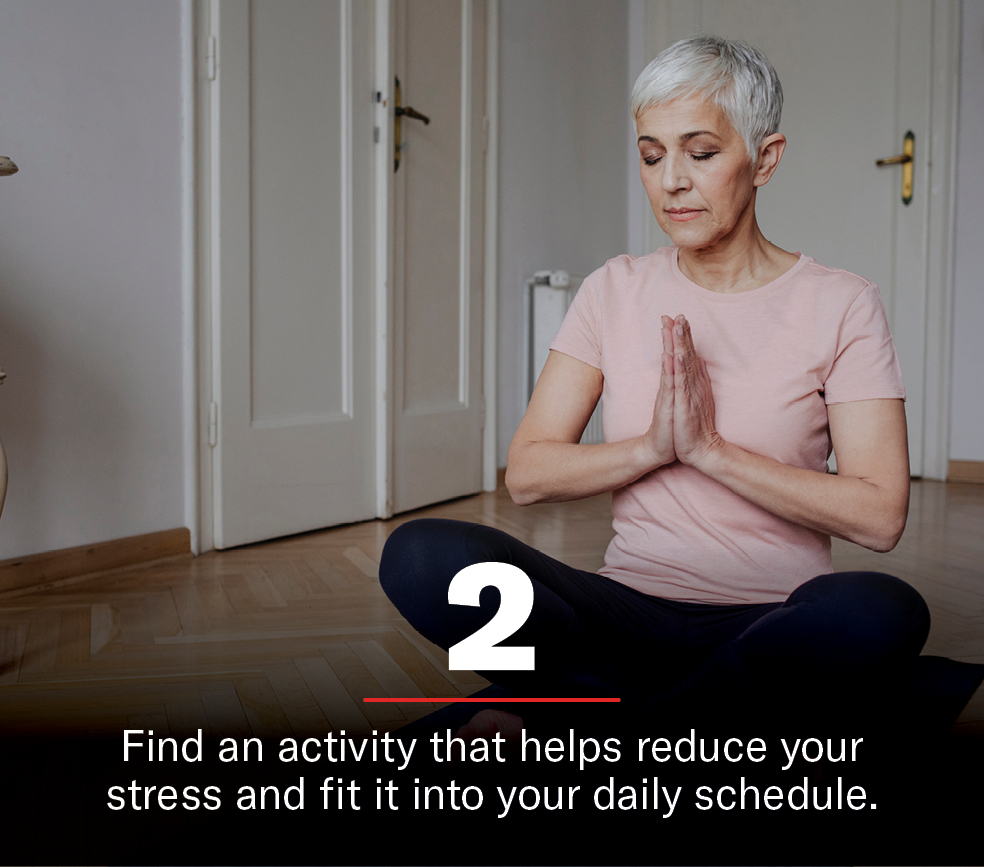
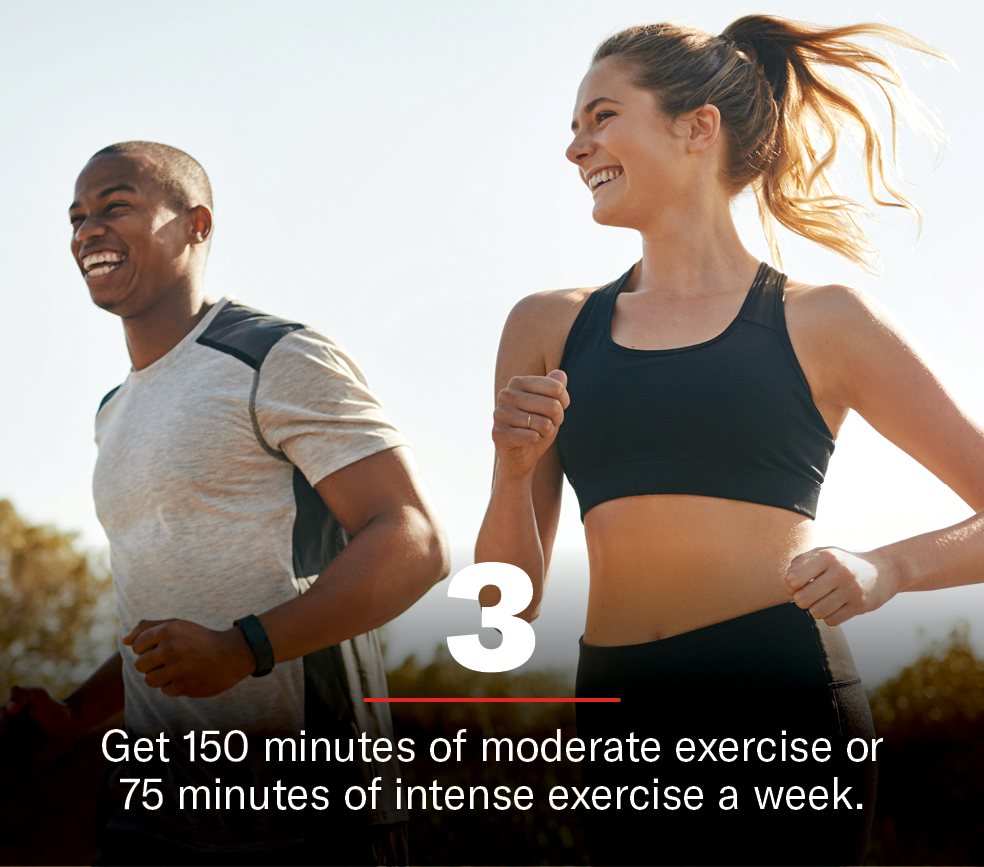
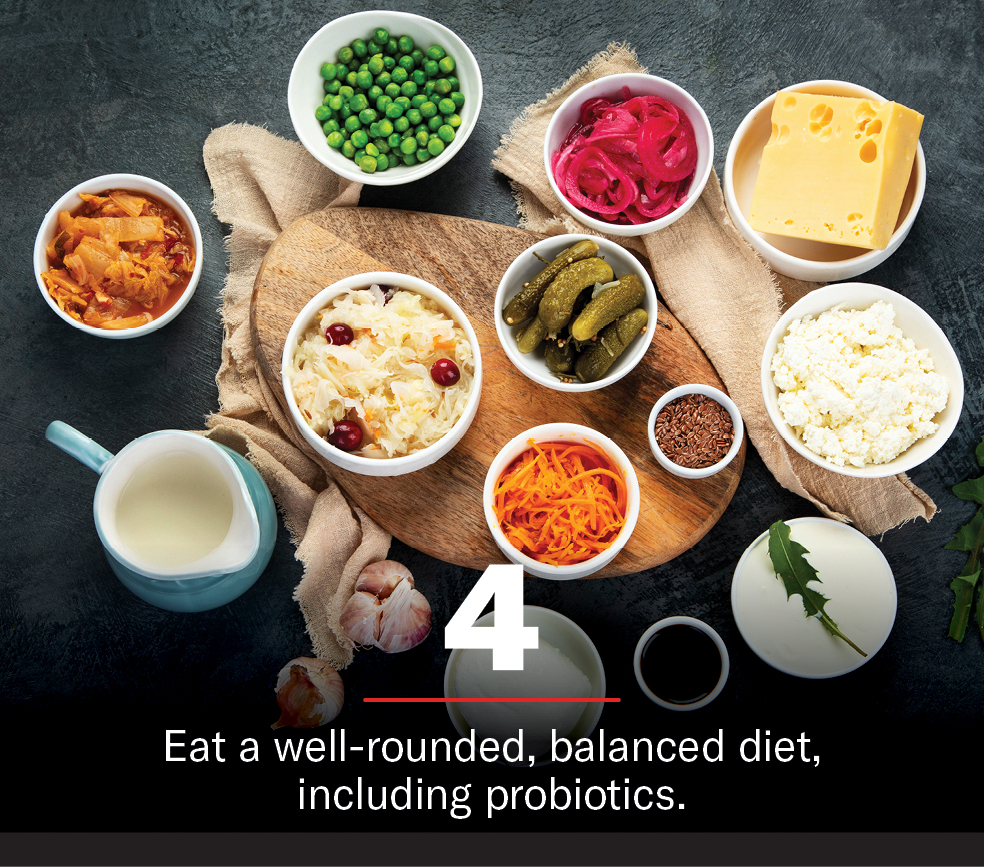
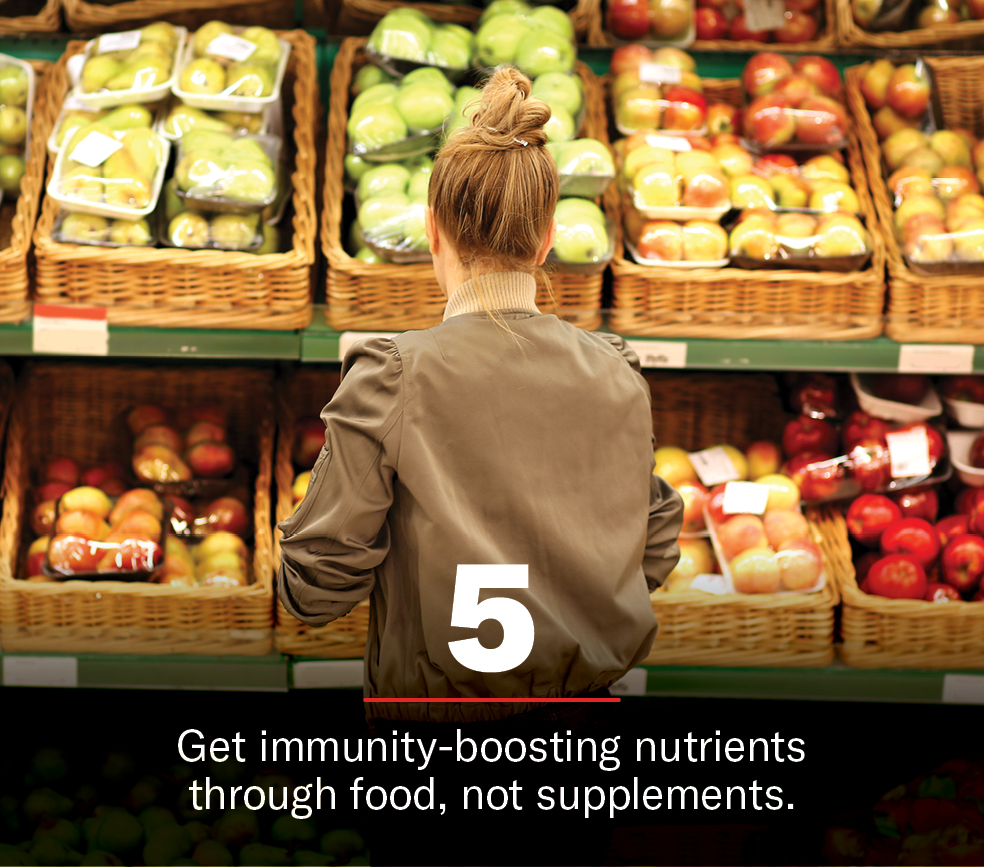
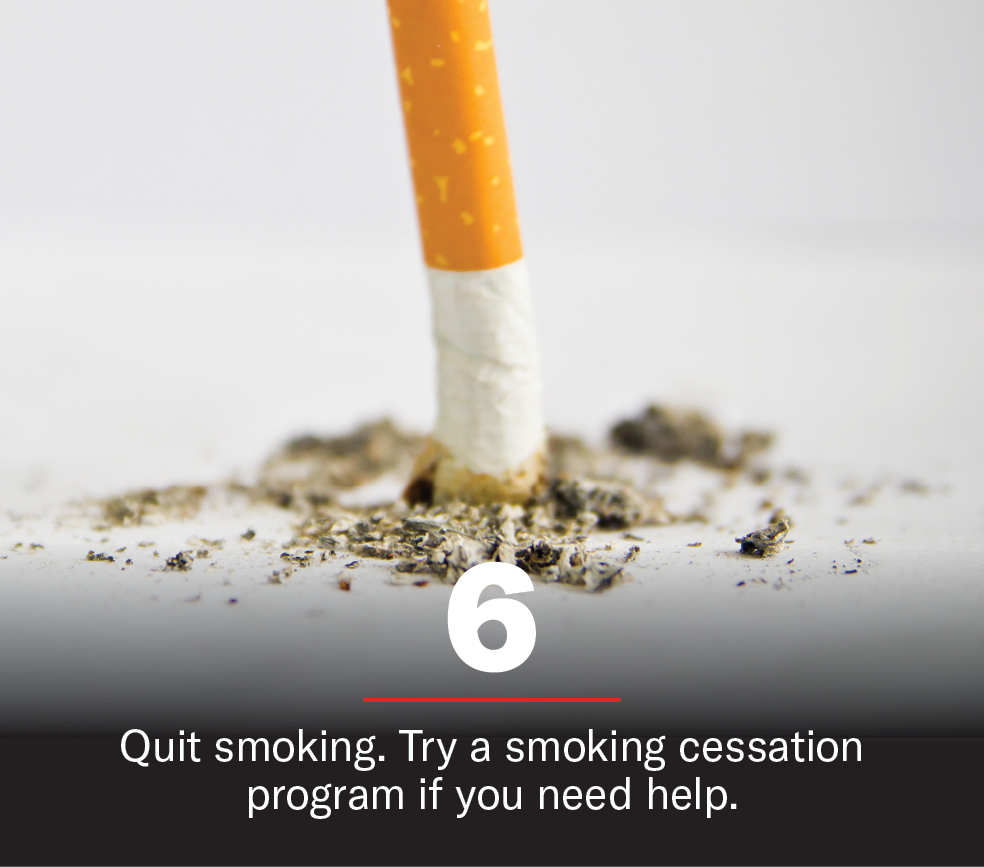

Be Good to Your Gut
Why it’s important: “The majority of the immune system is found in the lining of your intestine, so it’s a good idea to support your gut and microbiome with lots of good bacteria,” Dr. Goldberg says.
Try this: Many people look to probiotic supplements to build good gut bacteria, but it’s better to maintain your overall gut health through a whole-foods diet (one centered around minimally processed foods) and probiotic-rich foods instead. “A well-rounded, balanced diet, like the Mediterranean diet, that includes vegetables, lean meats, and healthy fats, is another way people can improve their immune system,” Dr. Goldberg says. Specific foods loaded with probiotics include yogurt or fermented foods like kimchi, miso, and sauerkraut.
Skip the Supplements
Why it’s important: Speaking of supplements, there isn’t enough evidence that certain supplements like vitamin D, zinc, and elderberry improve immune function. Plus, you may not be getting the ingredients you’re paying for: One study reported that out of 44 herbal supplements tested, 30 had product substitutions — including filler ingredients and contaminants that could pose health risks. “Eating an elderberry and taking a capsule that claims to contain elderberry is not the same thing,” Dr. Goldberg says.
Try this: Forget the capsules and look to the supermarket aisles. “Again, eating a mostly whole-foods and plant-based diet can help you get the vitamins and nutrients you need,” Dr. Goldberg says. “Focus less on vitamins and supplements and more on eating real food.”
Quit Smoking
Why it’s important: Aside from the fact that lung cancer is the leading cause of cancer death in men and women in the U.S., those with lung disease are more vulnerable to respiratory illnesses like the flu and COVID-19.
“Quitting smoking is one of the best things you can do for yourself—it could literally save your life down the road,” Dr. Goldberg says. “And it’s one of the best things you can do to help improve your immune system.”
Try this: There’s no question that quitting isn’t easy — the average smoker tries to quit six times before they successfully stop. If quitting cold turkey hasn’t worked for you, ask your doctor about a smoking cessation program. With the help of supportive therapies and medication, a smoker’s chances of quitting go up from 5% to 40%.
Drink in Moderation
Why it’s important: Simply put, chronic drinking could put your immune health in jeopardy. Research has shown that alcohol can impact your body’s ability to protect itself from infection and inflammation and disrupts normal function of the gut microbiome. It has also been tied to higher risks for pulmonary disease and certain cancers.
Try this: If you’re going to drink, the current Dietary Guidelines for Americans recommends limiting the number of drinks to one per day for women and two per day for men. And don’t drink right before bed, as it can disrupt sleep.
Think of limiting your alcohol intake as a healthy habit that impacts your whole body — much like exercising, eating well, getting enough sleep, and reducing stress — which in turn helps boost the immune system. “Treating yourself right overall can help you make the most of what you’ve got,” says Dr. Goldberg.
David M. Goldberg, M.D., is an internist and infectious disease specialist at NewYork-Presbyterian Medical Group Westchester and assistant professor of medicine at Columbia University Vagelos College of Physicians and Surgeons. He is board-certified in Internal Medicine and Infectious Diseases and has a special interest in travel medicine, Lyme disease, HIV, and community-acquired infections.

